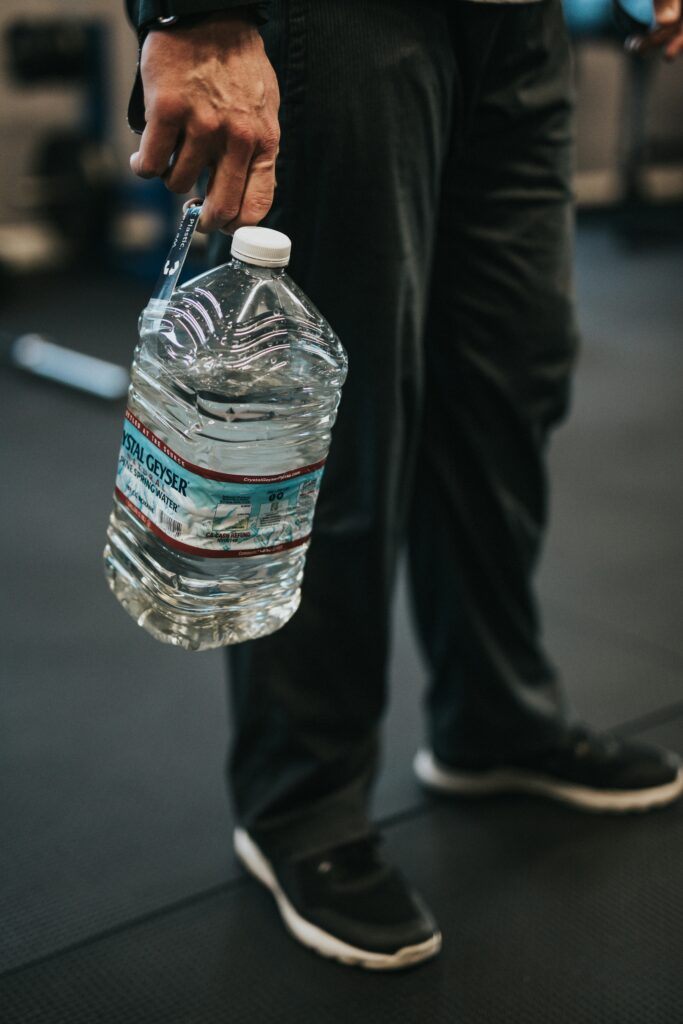Have you ever wondered why your urine sometimes has a strong odor, and if there’s anything you can do about it? It’s a question many ponder, often influenced by dietary habits or fluid intake. Among various remedies purported to help, increasing your water intake is frequently suggested. But does drinking more water truly help in reducing urine odor? Let’s explore this question in detail, breaking it down into easy-to-understand bits.
Understanding Urine Odor
Before you can comprehend how to mitigate urine odor, it’s essential to understand what causes it. Urine is your body’s way of expelling waste, and its smell can vary due to several factors.
What Causes Urine to Smell?
Typically, urine has a slight smell, but a more pungent odor can result from certain dietary choices, medications, dehydration, or underlying medical conditions. Common foods like asparagus or caffeine, for instance, are notable for altering urine odor. Conversely, strong-smelling urine can sometimes indicate conditions such as urinary tract infections or diabetes.
| Cause | Effect on Urine Odor |
|---|---|
| Dehydration | Concentrated urine, leading to a stronger smell |
| Certain Foods/Drinks | Altered urine smell due to specific compounds |
| Medications | Potential for unusual urine odor |
| Medical Conditions | Persistent odor changes signaling health issues |
The Role of Concentration
Urine concentration plays a significant role in its odor. If your urine is more concentrated due to a lack of fluids, it naturally smells stronger. Think of it like a soup: the less water there is, the more intense the flavors. Similarly, concentrated urine holds more waste compounds and fewer fluids to dilute these, often leading to a stronger smell.
Hydration and Urine Odor
Now that you’re aware of what affects the scent of your urine, let’s investigate if a simple solution like drinking more water could help.
Water’s Impact on Dilution
Water acts like a natural diluting agent. When you increase your fluid intake, you’re essentially lowering the concentration of waste compounds in your urine. This doesn’t just make your urine appear clearer but also reduces the intensity of odors.
How Much Water Should You Drink?
While it’s clear that water aids in dilution, determining how much you need can be tricky. Health experts generally recommend about 8 glasses of water per day (approximately two liters), but your needs may vary based on activity level, climate, and individual metabolism.
Practical Tips on Staying Hydrated
-
Carry a Water Bottle: Keeping a bottle handy serves as a constant reminder to hydrate.
-
Use Hydration Apps: Technology can assist with apps that remind you to drink water regularly.
-
Infuse Your Water: Add fruits like lemon or cucumber to your water to enhance flavor, making it more appealing.

Other Factors Influencing Urine Odor
While increasing your water intake can help, other factors might also play a role in controlling urine odor.
Dietary Choices
Certain foods are notorious for altering urine smell. Garlic, onions, asparagus, and strong spices may intensify the odor. Being mindful of your diet when concerned about urine odor could be beneficial.
Medications and Supplements
Some medications, particularly antibiotics or vitamin supplements (such as B vitamins), can affect urine smell. Consult with your healthcare provider if you notice changes in odor when starting a new medication.
Medical Conditions
Persistent strong-smelling urine can sometimes be a symptom of underlying medical issues such as urinary tract infections or metabolic disorders. If increasing hydration doesn’t alleviate the odor, consulting a healthcare professional is advisable.
Natural Remedies and Habits for Reducing Urine Odor
Besides hydration, several natural remedies and habits can aid in reducing urine odor effectively.
Probiotics for Better Gut Health
Probiotics can help maintain a healthy balance of good bacteria in your gut, potentially reducing strong urine odors linked to digestive issues.
Cranberry Juice for Urinary Health
Cranberry juice is often touted for urinary health benefits and might aid in minimizing odor by maintaining bladder health.
Bladder and Kidney Health
Taking care of bladder and kidney health is preventative. Regular check-ups and a balanced diet go a long way in maintaining the organs responsible for filtering waste.

When to Seek Medical Advice
Sometimes, changes in urine odor need more than just at-home solutions. Understanding when to seek medical advice is crucial.
Indicators of Health Concerns
If you experience persistent changes in urine odor coupled with symptoms like pain, burning sensations, or frequent urges to urinate, it’s a signal your body might be sending about underlying health issues.
Getting a Professional Evaluation
Healthcare professionals can evaluate symptoms through urine tests or other diagnostics to determine if there are underlying conditions that require treatment.
Conclusion
So, does drinking more water help reduce urine odor? For many, increasing water intake can be a highly effective strategy in alleviating strong urine odors by diluting waste compounds. However, it’s not a catch-all solution and may need to be combined with dietary adjustments and evaluating other lifestyle or health factors.
By understanding the multifaceted nature of urine odor, you can make informed decisions on how to manage it and when to seek further medical advice. Sometimes, the simplest solutions—like upping your water intake—can greatly impact your overall well-being and comfort.


